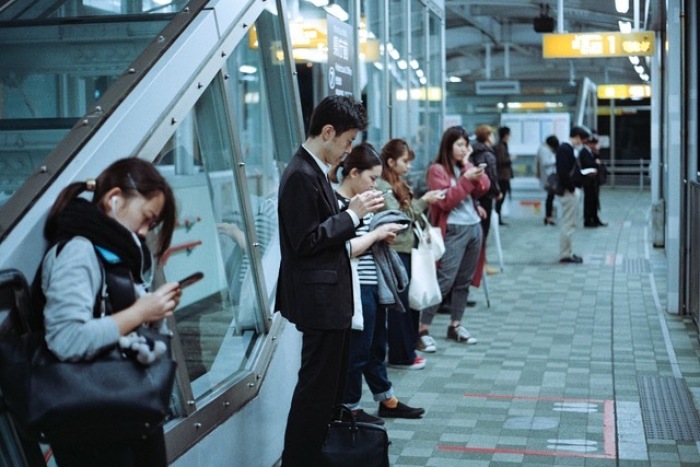China censors film production with Christian content including miracles, healing

China has issued strict new guidelines banning film and television programs including instances of miracles and healing — a move some fear will outlaw Christian content completely.
According to UCA News, the National Administration of Radio and Television, which controls the content on radio, film, and TV aired in China, recently passed new regulations banning 20 categories of content, including material promoting fabricated history, sacred relics, demonic possessions, and instances of faith and healing.
A filmmaker working with the church's film and television industry said the new guidelines “almost entirely ban” faith-based content.
The filmmaker, who identified himself as Joseph, told UCA News: “If we film the life of Jesus, avoiding the content banned by the guidelines, we will only be presenting Jesus as an ordinary person, and this is unacceptable to Christians.”
The guidelines also require filmmakers “not to film the dark side of society but to film the good life of normal people” and stipulate that historical dramas should be based on “true history" rather than fabrication.
Father Yo from Shandong called the guidelines “strange.” “How can people have a good life when they don't even have the natural right to freedom of religion? If we do not even have the most basic human rights, how can we be good?"
"What is true history? Is it the one fabricated by the Chinese Communist Party? Would it not lead to creating more fake television dramas in line with the party to brainwash the public?"
In 2018, Chinese President Xi Jinping put the Communist Party’s propaganda office in charge of regulating films. Earlier, Xi announced that “all the work by the party’s media must reflect the party’s will, safeguard the party’s authority, and safeguard the party’s unity.”
Zhang Lifan, a historian, told The New York Times that Xi’s attempts to impose total control over the media is a way for him to “announce his absolute authority.”
“He doesn’t feel effective and confident in dealing with problems, and he lacks a sense of security,” Zhang said. “He worries the Chinese Communist Party will lose political power, and he also worries that his peers will shove him from his position.”
Last year, a former employee of one of China’s largest tech firms monitors citizens’ mobile phones, blocking any words deemed “sensitive to the state” — such as “Almighty God.”
In 2018, China banned online retailers from selling the Bible in efforts to control the country’s growing religious scene.
China claims that it allows religious freedom; however, it has been carrying out a crackdown on underground churches and Christian activists for years.
A recent report from persecution watchdog International Christian Concern documents how the CCP targets Christians through its “sinicization” campaign, meaning, to make beliefs, including Christianity, fall in line with their interpretation of Communism.
Specifically, the report notes that the campaign “seeks to diminish the effectiveness of Christian theology” by removing Christian symbols at churches and replacing them with CCP symbols, rewriting portions of the Bible, observing major Christian holidays with a Communist twist, and indoctrinating state-sanctioned clergy and leaders with CCP dogma.
“The Religious Affairs Bureau and the CCP have a single goal: to prevent religious influence from threatening their communist control,” the report says.
“The issue of international religious freedom is one that should be at the core of U.S. interests," it adds. "Both sides of the political debate agree that China’s flagrant disregard for religious freedom must be stopped. It is only by coming together that effective policy will be passed and the U.S. will send a clear message to China that its persecution of religion is unacceptable.”
Open Doors USA ranks China 23rd on its World Watch List of 50 countries where it is most difficult to be a Christian.
"A policy of 'sinicizing' the church is becoming increasingly influential because the Communist Party is relying strongly on Chinese cultural identity to stay in power," Open Doors explains. "The new restrictions on internet, social media and NGOs—and the new regulations on religion—are all seriously limiting freedom."




























